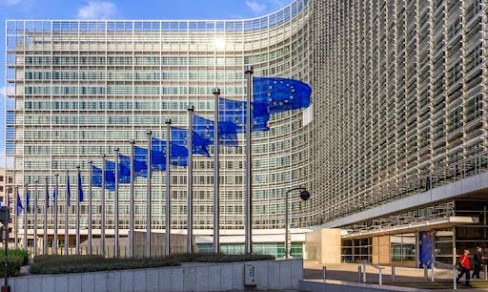Refusal by the European Data Protection Board to grant full public access to draft versions of its statement on international agreements including transfers

European Data Protection Board (EDPB) refused to grant full public access to draft versions of its statement on international agreements including transfers. The European Ombudsman was not convinced by the reasons put forward by the EDPB to refuse access. The complainant asked the European Data Protection Board (EDPB) for public access to draft versions of its statement on international agreements including data transfers. Following a separate Ombudsman inquiry, the EDPB identified additional documents as falling under the complainant's request, however it refused access to these documents. In doing so, it invoked an exception provided for in the EU legislation on public access to documents, arguing that disclosure could undermine the decision-making process. Based on an inspection of the documents, the Ombudsman was not convinced by the reasons put forward by the EDPB to refuse access, and proposed as a solution that the EDPB reassess the request and reconsider its decision to...
.jpg)
.jpg)














